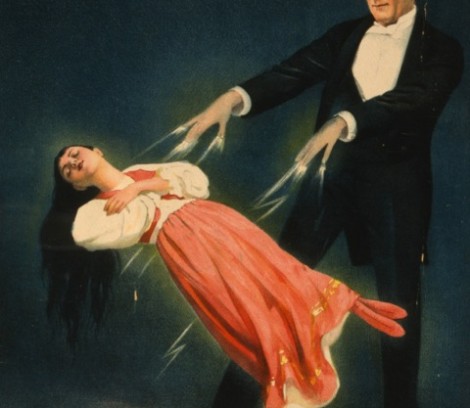
We Don’t Talk about Bruno
My four-year-old grandson, Leo, is crazy about the Disney movie, Encanto.
It’s a musical about a family in Colombia whose on-and-off magical powers are not always helpful. Leo’s fascination doesn’t result solely from his love of music, the lovability of the movie’s characters and (except for the excessive length of some of the songs, in my opinion) the fact that it’s fast-moving. His “abuela,” my wife, Amparo, is Colombian and in Leo’s short life he’s heard a lot about the country and his Colombian cousins.
One of the most interesting and popular songs from the movie is called “We Don’t Talk about Bruno.” The movie was released in 2021 and Newsweek declared that the “Bruno” song was “taking the world by storm,” reaching the number one spot on Billboard 100, the music industry’s list of top songs.
Aren’t Always Welcome
The song is sung at a gathering of the Madrigal family, and family members explain to the principal character, Mirabel, why they don’t talk about her uncle. Bruno can see into the future, it seems, but his prophecies aren’t always welcome. He is seen as villainous and is shunned.
Despite the fact that Colombians are, for the most part, warm and friendly, family shunning is not uncommon, and I believe it shows that Lin-Manuel Miranda, the principal writer and producer of Encanto, who is of Puerto Rican, Mexican and African descent, has insight into Colombian culture. I don’t believe that familial shunning is unique to Colombia, however, but common in many societies, including among families in the U.S.
I thought of “We Don’t Talk about Bruno” while listening to a recent homily by Father Andrezej Szczesnowicz, pastor of the parish we attend in Lone Tree, CO. The homily was about forgiveness, a commentary on Matthew’s gospel story about the Apostle Peter asking Jesus whether he must forgive his offensive brother as many as seven times, the number often used in the Bible to signify completion or fulfillment. “Brother,” of course, refers to fellow human beings.
Forgive From the Heart
Jesus answers that not just seven times but “seventy times seven times,” then tells the parable about the king who forgives his servant’s debt only to learn that the same servant shortly thereafter refuses to forgive the debt of a follow servant. Jesus predicts dire consequences for his listeners who fail to forgive their brothers “from your hearts.”
Father Andrezej said many people say they can forgive their brother but “never forget.”
“Aren’t we fooling ourselves” if we think we can make this distinction? he asked. Are we really forgiving if we’re unwilling to forget?
The homily also reminded me of the all-time most popular Christian prayer, The Our Father, or Lord’s Prayer, which Jesus taught his disciples. Reportedly, even people who are not Christian, or who have left religion, recite it.
Memorized in Early Childhood
Many believers have recited the prayer hundreds, if not thousands of times. It is often memorized in early childhood. Once when I was passing U.S. immigration with a Catholic bishop who was wearing clerical clothes, the immigration officer, who apparently doubted the bishop’s credentials, asked him to recite the prayer as proof of his identity.
But as with many prayers that people recite by rote, one of its principal messages may get passed us without a thought: “Forgive us our trespasses as we forgive those who trespass against us.”
This is at the heart of the Christian message, seems to me, and people searching for God should take it to heart. How can we find God if we hold grudges or have shunned a family member or friend? And if we say we can forgive but never forget?



